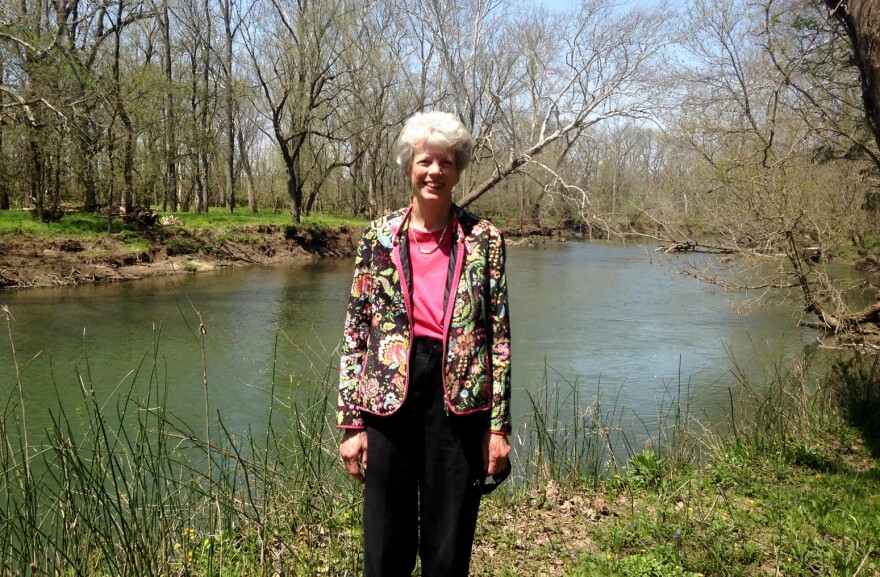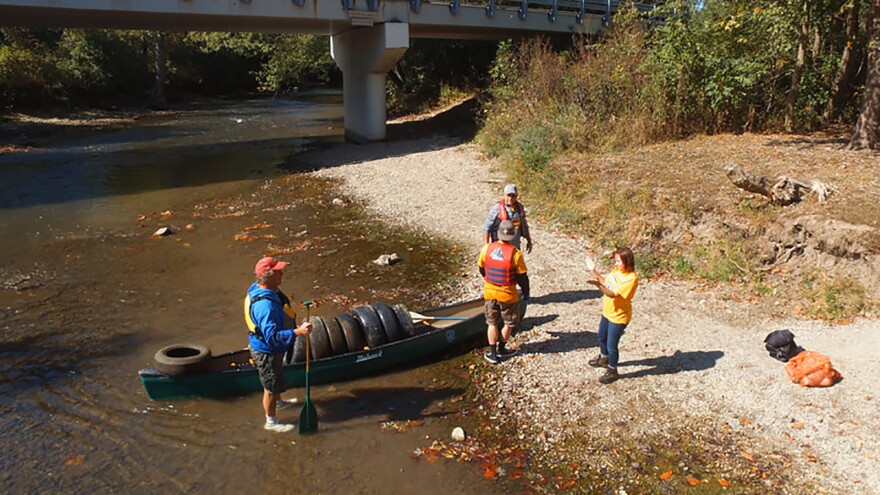Every year, the Little Miami River Watershed Network hosts a clean-up day, to collect some of the trash people have dumped into local waterways. This year, because of coronavirus, they’re doing their clean-up a bit differently.
The lower Miami Valley is like a bowl says Hope Taft. She’s the Chair of the Little Miami Watershed Network. She says all the water that drains into the Little Miami River, eventually drains into the Little Miami aquifer.

“83 percent of the water in the Little Miami aquifer is used by people,” says Taft. “Any pollution that seeps into the ground and soaks into the water goes into the aquifer and then is reused by us. It’s to our benefit that we keep all kinds of pollution off of the banks and out of the river.”
This month, the Watershed Network is asking volunteers to come down to the Little Miami River to pick up trash. You can walk along the riverbank, or bring your kayak or canoe to help pull trash from the river itself. And, she says, if you email in a photo of yourself by June 20 with your trash pile, you could even win a gift card to a local business.
Since the Watershed Network started their river clean-up in 2010, they say they have taken over 12 tons of trash and 900 tires out of the river.
Environmental reporter Chris Welter is a corps member with Report for America, a national service program that places journalists into local newsrooms.


